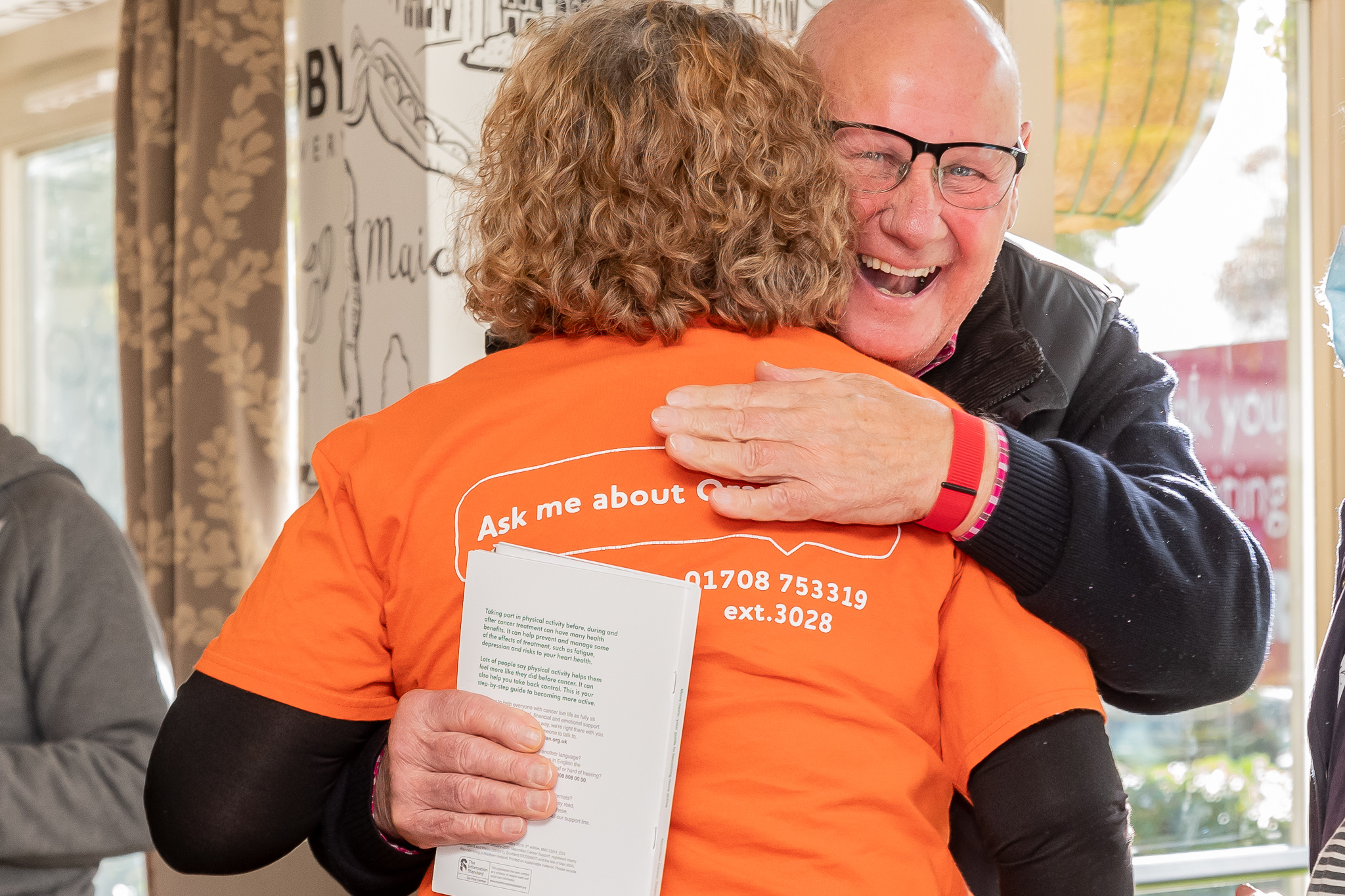Dementia affected around 46 million people worldwide in 2015. Around 3% of people between the ages of 65 and 74 have dementia, and this number rises to over 50% above the age of 85. Alzheimer’s (the most common form) and other forms of dementia such as vascular and Lewy body dementia are all degenerative diseases. Especially in the case of Alzheimer’s, the disease develops slowly over a period of typically a decade or more. But how exactly does this process unfold? Different medical bodies have presented different ways of breaking down and categorising the progression of dementia, but we’ll be focusing for the sake of clarity on the Mayo Clinic’s definitions of five stages.
1. PRECLINICAL
The first stage of dementia isn’t described as such. This is the ‘preclinical’ stage during which no symptoms are exhibited or indeed present. This stage can last for years if not decades, and until recently there was little evidence available during this stage which could even be used to predict future decline. Modern imaging technology, however, reveal biomarkers which can warn us of the presence of dementia. In the case of Alzheimer’s, for example, deposits of a protein called amyloid-beta are considered the sign of the developing disease.
2. MILD COGNITIVE IMPAIRMENT
The impairments experienced at this stage tend to be minor and are not yet sufficient to substantially affect day-to-day life, work or relationships. At this stage of dementia individuals may experience more frequent memory lapses when it comes to recent information like conversations, prior appointments and/or recent events, but these are typically not markedly more pronounced than normal, age-related memory decline. Individuals may also have difficulties making sound decisions and planning, for example, judging the time required to complete a task.
3. MILD DEMENTIA
At this stage, it becomes obvious that dementia is present to relatives and clinical professionals. Memory loss related to recent events becomes more pronounced, as does the difficulty in decision-making and problem solving. It can also become more difficult to organise and express thoughts, and this typically contributes to a change in personality, usually manifesting as withdrawal, especially in socially complex situations, and often in uncharacteristic irritability. This is the first point where getting lost in familiar surroundings or misplacing belongings is likely to be a substantial consideration.
4. MODERATE DEMENTIA
By the penultimate stage, substantial dementia care and help is typically required in order to allow the affected individual to remain safe and continue to live comfortably. At this point, memory loss becomes pronounced and even intimate details such as one’s own address or contact details can be impossible to retrieve. Increased assistance with daily activities is required, as it is common for individuals with moderate dementia to forget how to perform simple, familiar tasks. Increasingly poor judgement and confusion is just part of a set of personality changes at this stage, and it’s common for individuals to confuse familiar people for one another, or strangers for relatives. These difficulties, as well as the common development of delusions or unfounded suspicions e.g. of dishonesty or infidelity on the part of loved ones, can make it unsafe to leave affected individuals alone.
5. SEVERE DEMENTIA
At this stage of dementia, continually declining mental function makes it impossible for the individual to survive alone or to meaningfully socialise. Typically, the ability to communicate coherently is lost entirely, and while words or phrases may be reproduced, no meaningful comprehension of incoming information or ability to deliberately respond is exhibited. Extensive daily assistance is required with basic self-care activities such as eating, dressing and using the bathroom. At this stage, physical difficulties become increasingly pronounced and the individual may become unable to walk without assistance, then unable to sit without support. It is common for reflexes to become abnormal, and for basic elements of muscle control like continence to eventually become impossible.
The rate of progression of dementia varies enormously. Some individuals live for around three years after diagnosis, while some may survive twenty years or more. There is currently no cure for dementia, but there are many measures which be used to improve the quality of life for those living with dementia. Typically these measures have to do with the education and empowerment of the caregiver (or the quality of professional, institutional care where available), the emotional support of the affected individual and a combination of cognitive and behavioural, and physical exercise to help give the individual the attitude and strategies which will best equip them to live as comfortably as possible.
Signature offers market-leading, award-winning dementia care. We would love to show you how we can help your loved one live positively with memory loss. Book a visit to one of our homes here, where we can talk you through the dementia care options available.


































